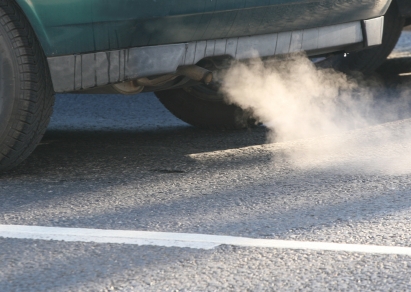The panel of experts conducted the research among miners, railway workers and truck drivers. They concluded that people working in these areas had about a 40% greater risk of developing lung cancer.
Experts said diesel engine exhaust fumes belong in the same potentially deadly category as asbestos, arsenic and mustard gas.
The France-based International Agency for Research on Cancer (IARC), part of the WHO, has reclassified diesel exhausts from its group 2A of probable carcinogens to its group 1 of substances that have definite links to cancer.The experts said their decision was unanimous and based on “compelling” scientific evidence.
They have urged people across the world to reduce exposure to diesel fumes as much as possible.
”The (expert) working group found that diesel exhaust is a cause of lung cancer and also noted a positive association with an increased risk of bladder cancer,” it said in a statement.
The decision is a result of a week-long meeting of independent experts who assessed the latest scientific evidence on the cancer-causing potential of diesel and gasoline exhausts.
Christopher Portier, chairman of the IARC working group, said the group’s conclusion “was unanimous, that diesel engine exhaust causes lung cancer in humans”.
Diesel cars are popular in western Europe, where tax advantages have encouraged technological advances and a boom in demand.
Outside of Europe and India, diesel engines are almost entirely confined to commercial vehicles.
German carmakers are trying to raise awareness for diesels in the United States, where the long distances travelled on highways suit diesel engines.
IARC noted that large populations all over the world are exposed to diesel exhaust in everyday life, whether through their jobs or in ambient air.
“People are exposed not only to motor vehicle exhausts but also to exhausts from other diesel engines…(such as diesel trains and ships) and from power generators,” it said.
IARC’s director Christopher Wild said that against this background, the conclusion “sends a strong signal that public health action is warranted”.
“This emphasis is needed globally, including among the more vulnerable populations in developing countries where new technology and protective measures may otherwise take many years to be adopted,” he said in a statement.
Reference: RTE

